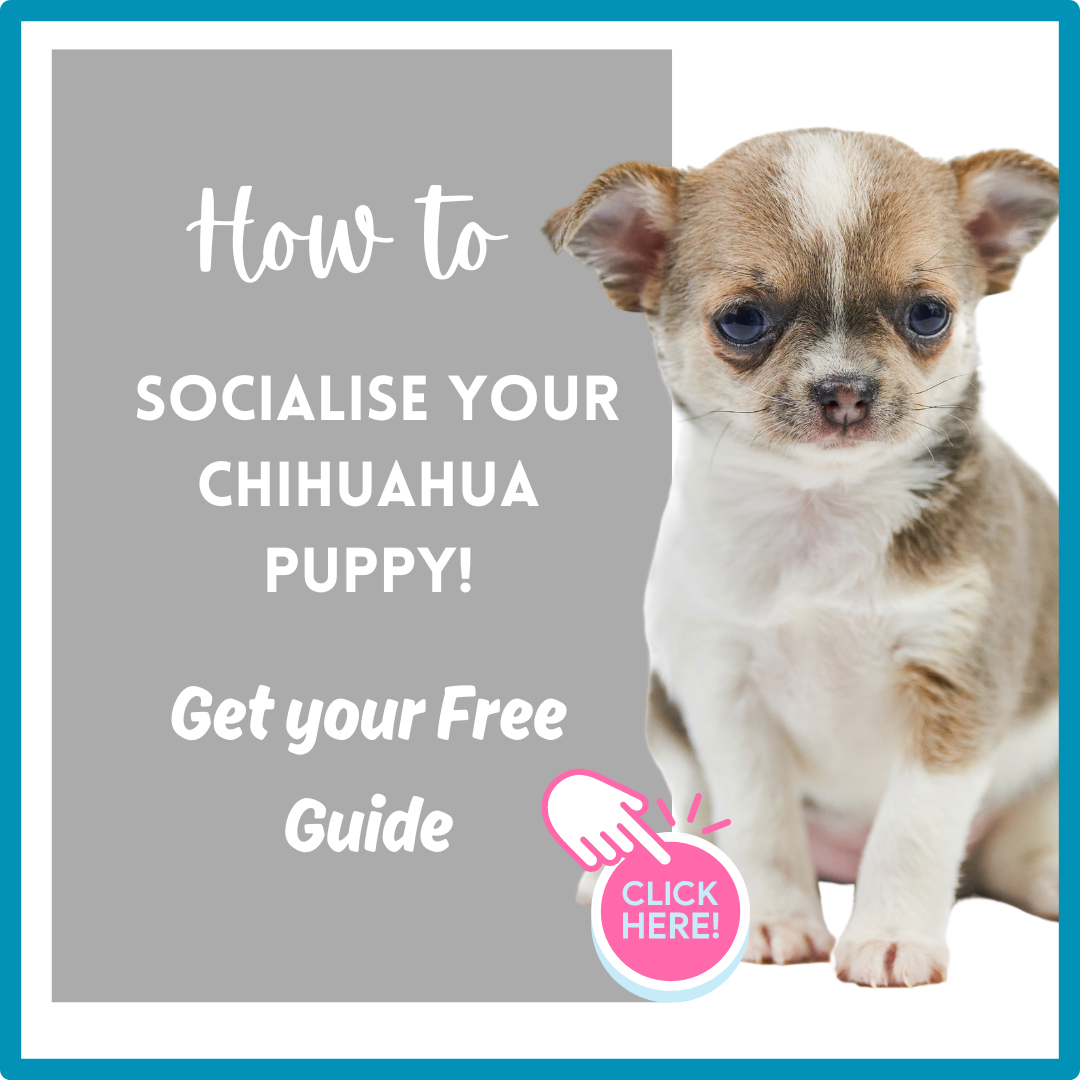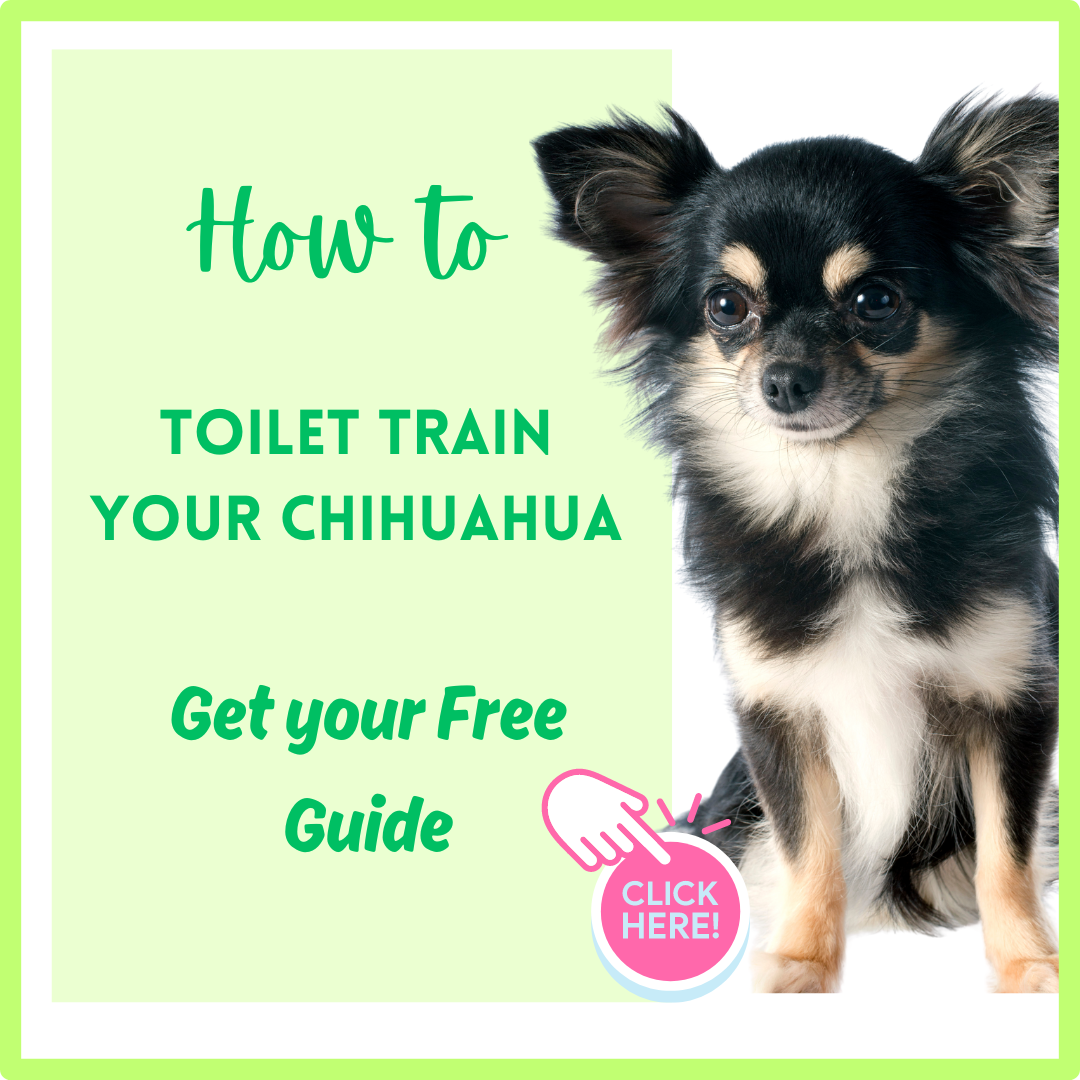As a chihuahua owner, you’re likely hoping to avoid the common stereotype of a small dog that barks at everything. You may have been told to take your chihuahua puppy to meet other dogs early on, with the idea that it will help them get used to different dogs and prevent fearful or aggressive behaviour. Some advice suggests taking your pup to daycare or puppy classes so they can play with others and become more socialised.
It seems logical: to stop your chihuahua from barking at other dogs, you’d want to familiarise them with those dogs. This advice often forms part of a broader socialisation strategy. But is it really the best approach?
Is this the right approach?
I don’t recommend introducing your chihuahua puppy—or any dog, for that matter—to unfamiliar dogs. There are several reasons for this.
First, you’re creating an unpredictable situation. You have no idea how that interaction will unfold. One outcome could be that the meeting goes well, the dogs play, and it’s a pleasant experience. However, this could lead to your dog expecting to approach and play with every dog they encounter, which isn’t always appropriate.
The next meeting may not be as positive. Many older dogs don’t have much patience for puppies, who often lack the social skills to greet others properly.
Dogs typically greet each other by curving, sniffing faces, and then the rear. From there, they decide if they want to engage further or move on. However, some dogs find these interactions stressful, and if they don’t know how to disengage, things can escalate, potentially leading to aggression.
In other words, the dog you’re approaching may not want the interaction. It’s important to remember it’s not all about your puppy; their behaviour affects the other dog too. When your chihuahua runs up to another dog, it could create anxiety for that dog, which could have a lasting negative effect on both animals.
The consequences of a bad interaction
If the other dog doesn’t welcome your chihuahua’s approach, the results can be serious. The other dog might respond by physically correcting your puppy—pinning them down and growling. While this used to be seen as a way to teach puppies manners, it’s just teaching your chihuahua that other dogs are scary.
This kind of interaction can create what’s known as a “flashbulb memory”—a vivid, stressful memory that sticks. These memories are difficult to erase and can lead to lasting behavioural problems, such as fear or aggression towards other dogs.
It’s also easy to blame the other dog for such incidents, but it’s rarely that simple. The other dog was likely put into a situation it didn’t have the skills for, so it responded in the only way it knew.
What about puppy classes or daycare?
Puppy classes or daycare environments come with similar risks. An overexcited dog in class often becomes the same dog in the park, running around without any sense of boundaries. In addition, dogs may approach your tiny chihuahua to “say hello”, which could overwhelm and frighten them. Your puppy might either lash out in fear (the classic barking reaction) or shut down entirely. Both reactions are forms of anxiety and could result in yet another flashbulb memory.
Remember, that frantic barking isn’t confidence—it’s fear.
So, what should you do instead?
The key is to focus on what you want to achieve with your dog. Most chihuahua owners want their dog to walk calmly without barking at every other dog they see. To do this, you need to teach your dog to simply ignore other dogs. The goal is for your chihuahua to think, “I see you, but you’re none of my business!”
If you constantly expose your chihuahua to unfamiliar dogs, you’re likely to create anxiety, which can lead to barking. The best advice is to avoid letting your puppy approach dogs you don’t know. It’s important to advocate for your chihuahua and say “no” to situations that might cause stress for your dog, whether that’s interactions with other dogs or even certain people.
If you feel it’s necessary for your puppy to meet another dog, make sure it’s a calm, trusted dog in a controlled environment, and keep the interaction short and successful. This is often best done at home or in the garden, with both dogs on leads to maintain control.
Guard Their Confidence
We want our chihuahua puppies to grow up confident, and that means protecting their positive outlook. Be cautious about exposing them to potentially negative experiences, as one bad interaction can undo many good ones.
Ultimately, the goal is for your dog to feel secure, and you can help by carefully managing their socialisation and advocating for them in every situation.
For more tips on socialising your chihuahua, check out this article.
Download your free Chihuahua Puppy Socialisation eBook


Discover more from Chihuahua School by Chihuahua Power
Subscribe to get the latest posts sent to your email.








